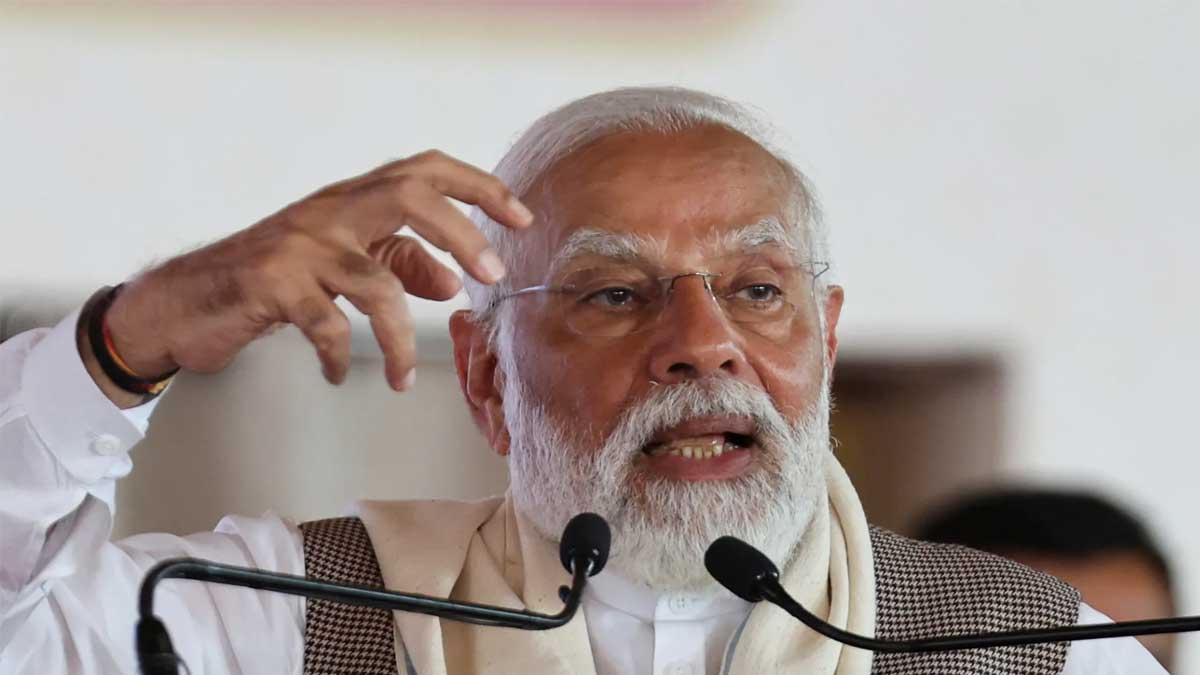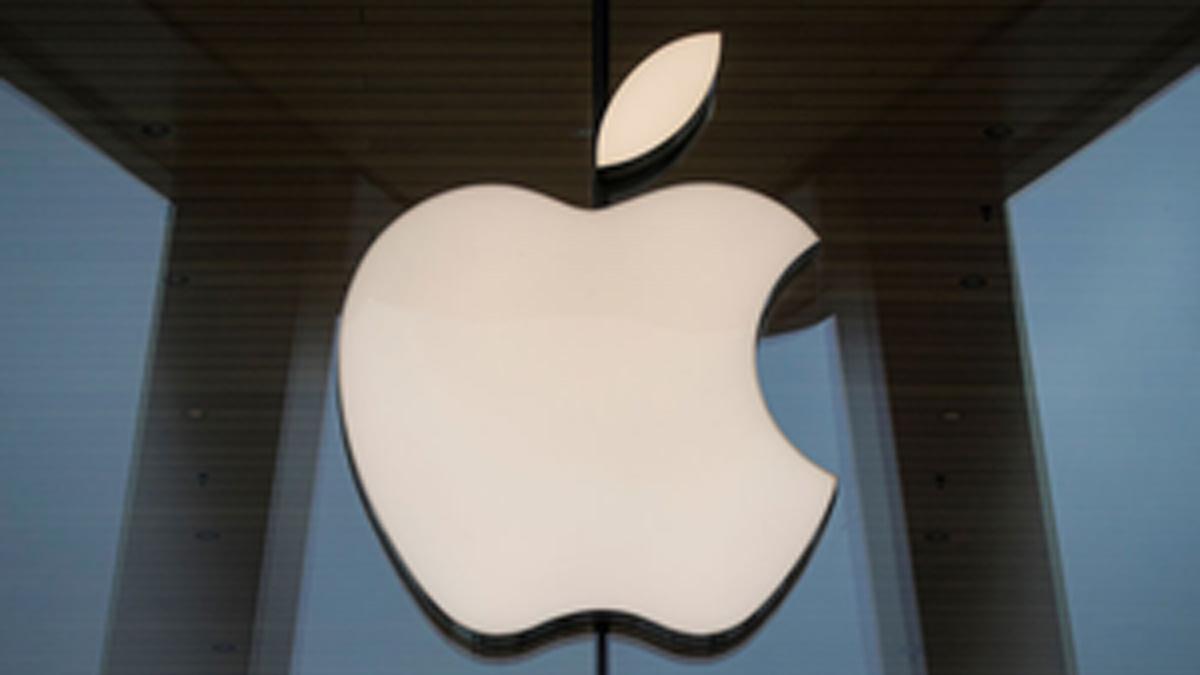As India gears up for its seven-phase elections commencing on April 19, Microsoft has issued a warning regarding China's intentions to leverage AI-generated content to advance its own interests. In response, the Indian government has taken a firm stance against global digital platforms, urging them to address potential misuse of AI technology during the electoral process.
With significant elections scheduled worldwide, including in India, South Korea, and the US, concerns about the dissemination of AI-generated content have escalated. Clint Watts, General Manager of Microsoft Threat Analysis Center, highlights the likelihood of China utilizing AI to propagate content favoring its agenda.
According to Tenable, a company specializing in exposure management, the dissemination of misinformation through AI-generated deepfakes and fabricated content poses a significant threat to the upcoming elections. Satnam Narang, Senior Staff Research Engineer at Tenable, underscores the risks posed by misinformation and disinformation campaigns orchestrated by malicious actors targeting voters.
Acknowledging the potential misuse of AI, the Indian government has emphasized that social media intermediaries must ensure neutrality and refrain from compromising the integrity of the electoral process. A recent advisory from the Ministry of Information Technology specifically addresses AI-related concerns, stressing that digital platforms bear full responsibility for their content, even during testing phases of AI models.
Non-compliance with the regulations outlined in the IT Act and IT Rules could result in severe penalties for intermediaries and platforms, including legal prosecution under various statutes.
Prime Minister Narendra Modi, in a discussion with Microsoft Co-founder Bill Gates, expressed apprehensions about the proliferation of deepfake technology in a democratic setting like India. Modi proposed implementing clear watermarks on AI-generated content to curb misinformation and advocated for transparent sourcing of such content.
Highlighting the potential risks associated with deepfake technology, the Prime Minister emphasized the need for robust guidelines to prevent its misuse, particularly in manipulating voices to deceive the public. Discussions between Modi and Gates underscore the growing concerns surrounding AI-generated content and the imperative for regulatory measures to safeguard against its misuse.
Read also | HP Introduces Cutting-Edge AI-Driven Laptops for Creatives in India
Read also | LinkedIn's New 'Live Event Ads': Enhancing Brand Awareness for Businesses


















